
UN Resolution 2334 only damages peace prospects
February 15, 2017 | Dov Bing & Colin Rubenstein
New Zealand’s role in co-sponsoring United Nations Security Council (UNSC) Resolution 2334 isn’t anything to cheer about for those who care more about peace than symbolism. In fact, it damages prospects for peace.
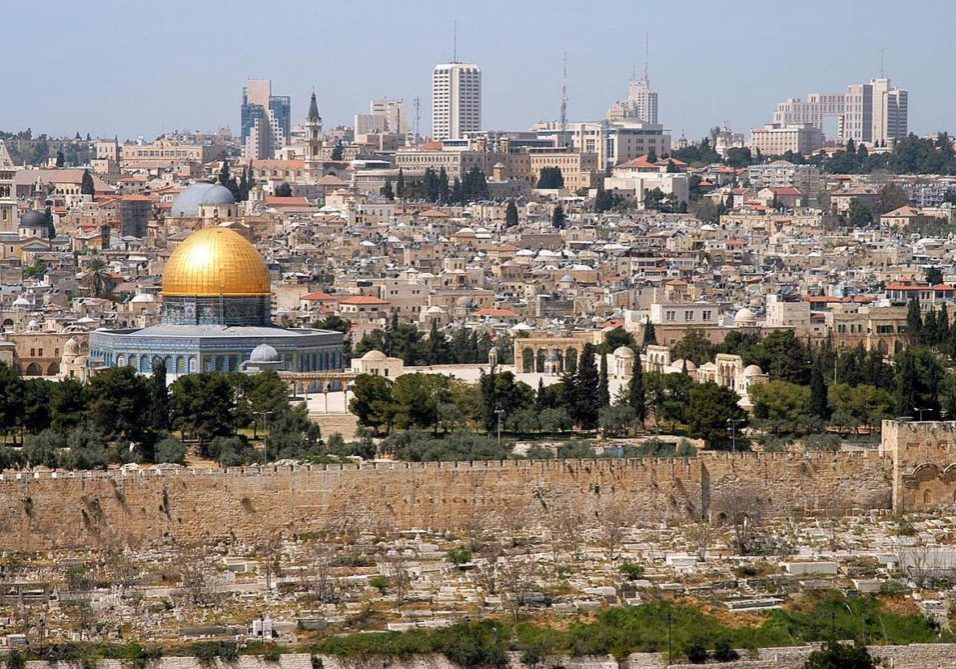
End the Madness over Jerusalem
February 13, 2017 | Colin Rubenstein
The City of Jerusalem, holy to the Jewish, Christian and Islamic faiths, is known to cause its own particular kind of madness. About 50 foreign visitors to the city a year experience what is known as “Jerusalem Syndrome” – psychotic delusions that they are biblical figures or harbingers of Armageddon.
The city also causes some peculiar diplomatic madness. Jerusalem is Israel’s capital, but almost no country recognises it as such.
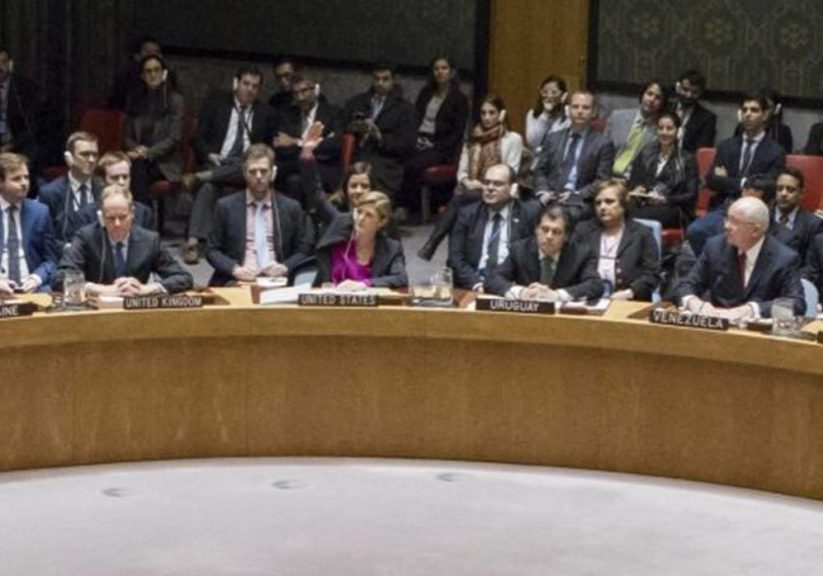
Two-state outcome damaged by United Nations Security Council Resolution 2334
January 4, 2017 | Colin Rubenstein
Australia’s Prime Minister Malcolm Turnbull and Foreign Minister Julie Bishop are to be admiringly applauded for demonstrating courageous and astute political leadership in making it clear that Australia would have opposed the appallingly flawed and one-sided United Nations Security Council Resolution 2334 on the Israeli-Palestinian issue that also epitomises the politicised, dysfunctional state of the UN…
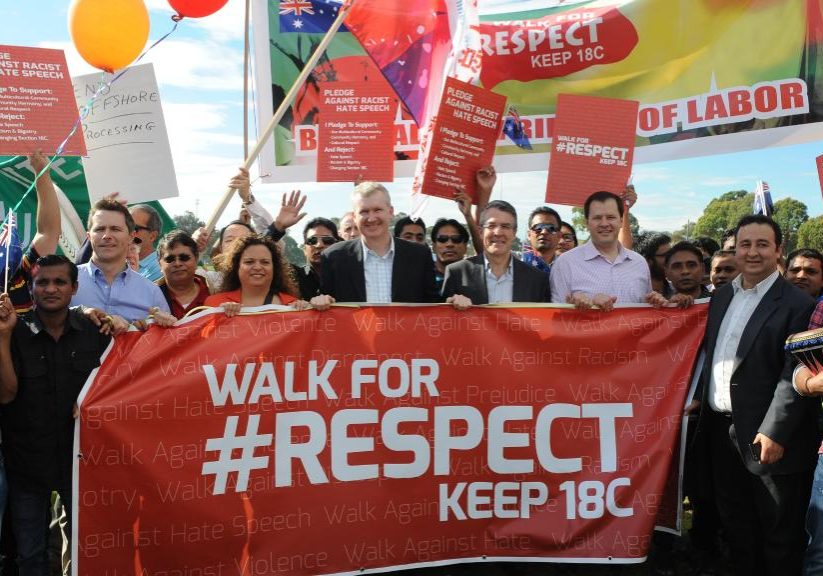
Free to speak and debate, not to hate with Racial Discrimination Act
December 12, 2016 | Colin Rubenstein
Freedom of speech is essential to democracy; so is the freedom to debate.
No significant voice in Australia argues otherwise.
It is also the case that Freedom of Speech is not an absolute right in Australia nor in other similar liberal democracies – even if some voices in Australia pretend otherwise.

The Cyber-War Era
September 26, 2016 | AIJAC staff
Last month’s Melbourne International Film Festival featured Alex Gibney’s documentary Zero Days, taking viewers deep into the world of cyber warfare through the story of Stuxnet – the infamous cyber weapon that was unleashed on the centrifuges at Iran’s secret nuclear facility in late 2008. Reportedly designed by the US and Israel, Stuxnet appears to constitute the world’s first cyber attack to inflict actual physical damage on an industrial system – the inadvertent unveiling of a “new tool in warfare” – though, as the film highlights, it is unlikely to be the last.

Free speech warriors are missing the point about 18C
September 1, 2016 | Colin Rubenstein
Clause 18C of the Racial Discrimination Act has recently been subject to intense criticism on ideological grounds, but many opponents misrepresent the actual operation of the Act. These efforts have been overwhelmingly rejected by a broad cross-section of Australia’s diverse communities – reflected in strong bipartisan support, federal and state, for racial hatred laws – and with good reason.

Diverting humanitarian aid is despicable
August 6, 2016 | Colin Rubenstein
Diverting humanitarian aid is despicable. Diverting it to a militant organisation that carries out attacks against civilians is simply evil.
It is now common knowledge that Hamas – the designated terrorist organisation which rules the Gaza Strip – has for years been diverting cement and other materials meant for the reconstruction of Gaza and the benefit of Palestinian civilians.
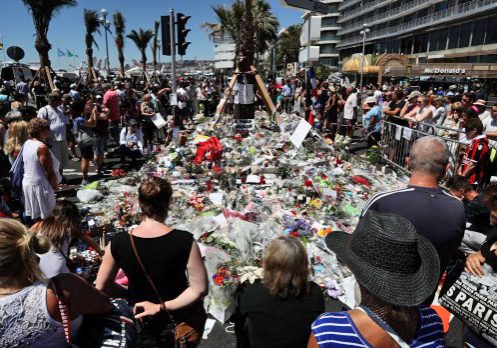
Want to fight xenophobia? Then speak clearly about Islamism
July 20, 2016 | Colin Rubenstein
The rise of abrasive populist figures and movements around the world, including Donald Trump, has featured much demagoguery alleging the Muslim community as a whole shares collective responsibility for the crimes of Islamist extremists.
A good local example is the return to prominence of Pauline Hanson…
Responsibility for such bigotry belongs to the perpetrators – yet there is a strong case to be made that many Western leaders, analysts and commentators are, often with the best of intentions, counter-productively aiding the popularity of anti-Muslim political movements by failing to speak clearly and sensibly about the ideological origins and nature of Islamist extremist terrorism…
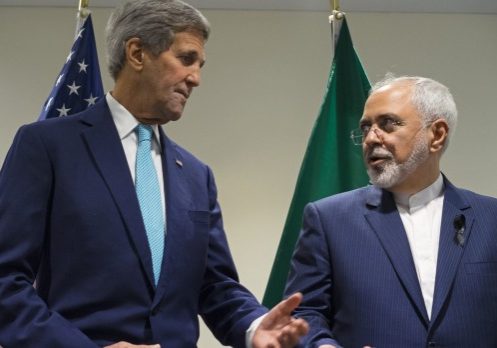
The Iran nuclear deal – there is more work to do
May 30, 2016 | Colin Rubenstein
The Iran nuclear deal known as the Joint Comprehensive Plan of Action was officially “implemented” in January this year when world powers lifted sanctions on Iran. So is the Iranian nuclear problem now solved, with the only problem for the international community to continue implementing the JCPOA?
Actually, both the Iranian regime and the two presumptive US presidential candidates are today acknowledging that the JCPOA is far from a finished stand-alone agreement – and there is still much to resolve if it’s to do what it’s intended to do.

Israel’s push for productive solutions
May 9, 2016 | Colin Rubenstein
THE Lebanese branch of the anti-Israel boycott movement has demanded that country’s government ban the film Batman v Superman: Dawn of Justice because, in the movie, Wonder Woman is played by the Israeli actor Gal Gadot.
Worldwide, the film has box office takings of over $1.2 billion. Many people – including in Lebanon, where the film is already screening – simply want to be entertained and don’t care what nationality an actor in the film might be.
It is significant because anti-Israel campaigners and their supporters like to claim that Israel is becoming increasingly isolated internationally. Yet as millions of cinemagoers worldwide show, the reality is somewhat different.

The Sanders Middle East mirage
April 29, 2016 | Colin Rubenstein
The candidacy of Bernie Sanders for the Democrat nomination for president of the United States has excited many pro-Palestinian activists. Even academic Amin Saikal (“Bernie Sanders dares to challenge Israel”, Times2, April 20, p5) has jumped on the bandwagon.
This Sanders euphoria is based on few facts and much posturing, vitriol and emotion.
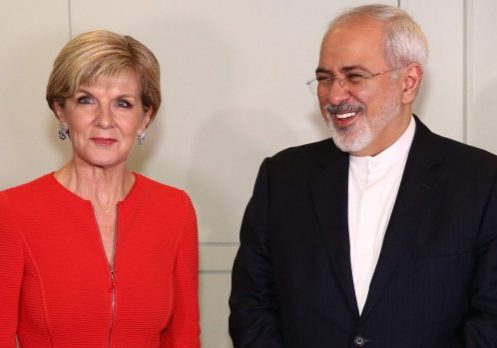
Don’t Be Fooled by Iranian Minister’s Charm Offensive
April 2, 2016 | Colin Rubenstein
Australia recently hosted Iranian Foreign Minister Dr Mohammad Javad Zarif, the Islamic Republic’s urbane and seemingly moderate face. However, charm and a lovely accent do not make someone a moderate. In fact analysis of his various comments while here reveals much about the unchanged nature of Iran’s brutal expansionist regime, and its hypocrisy.






